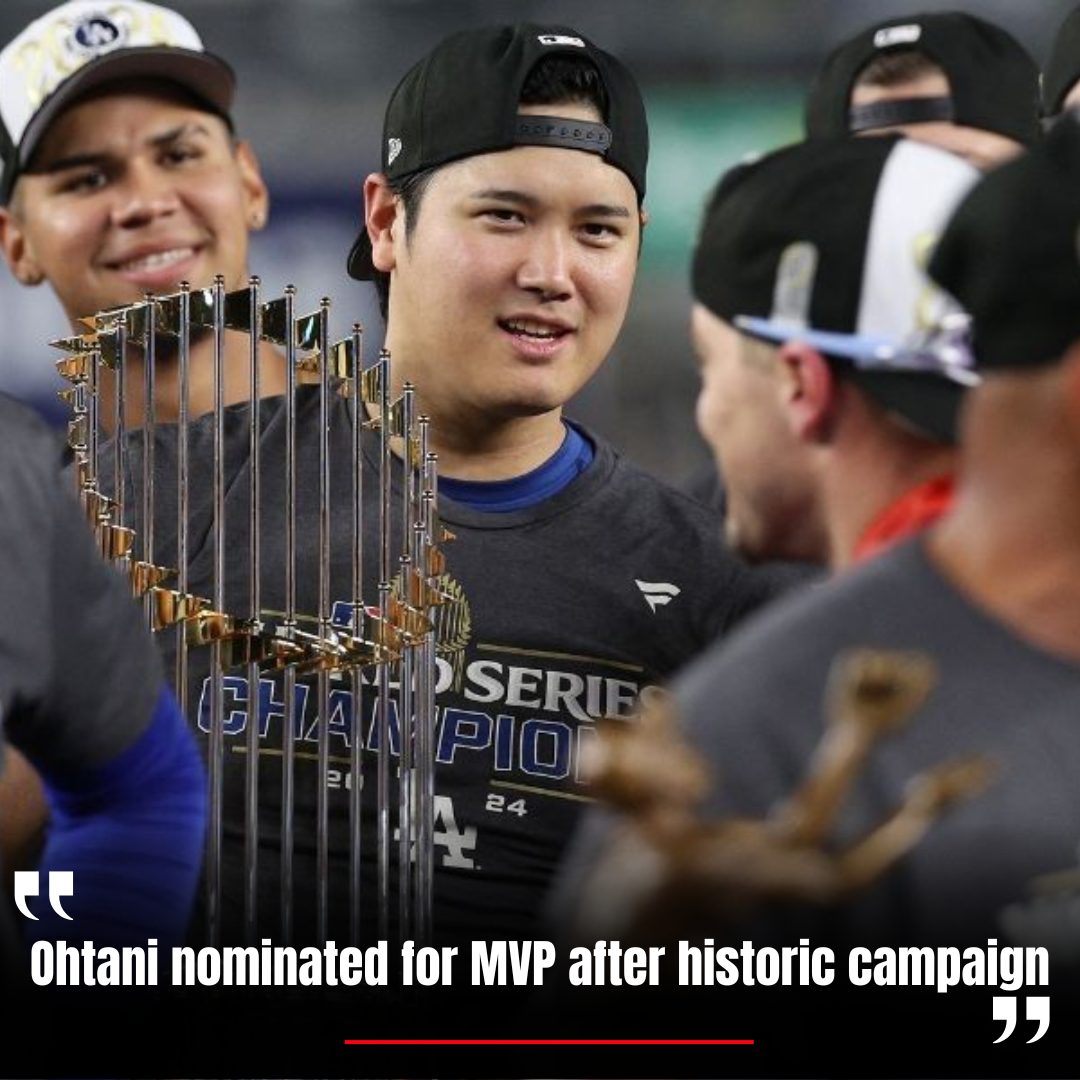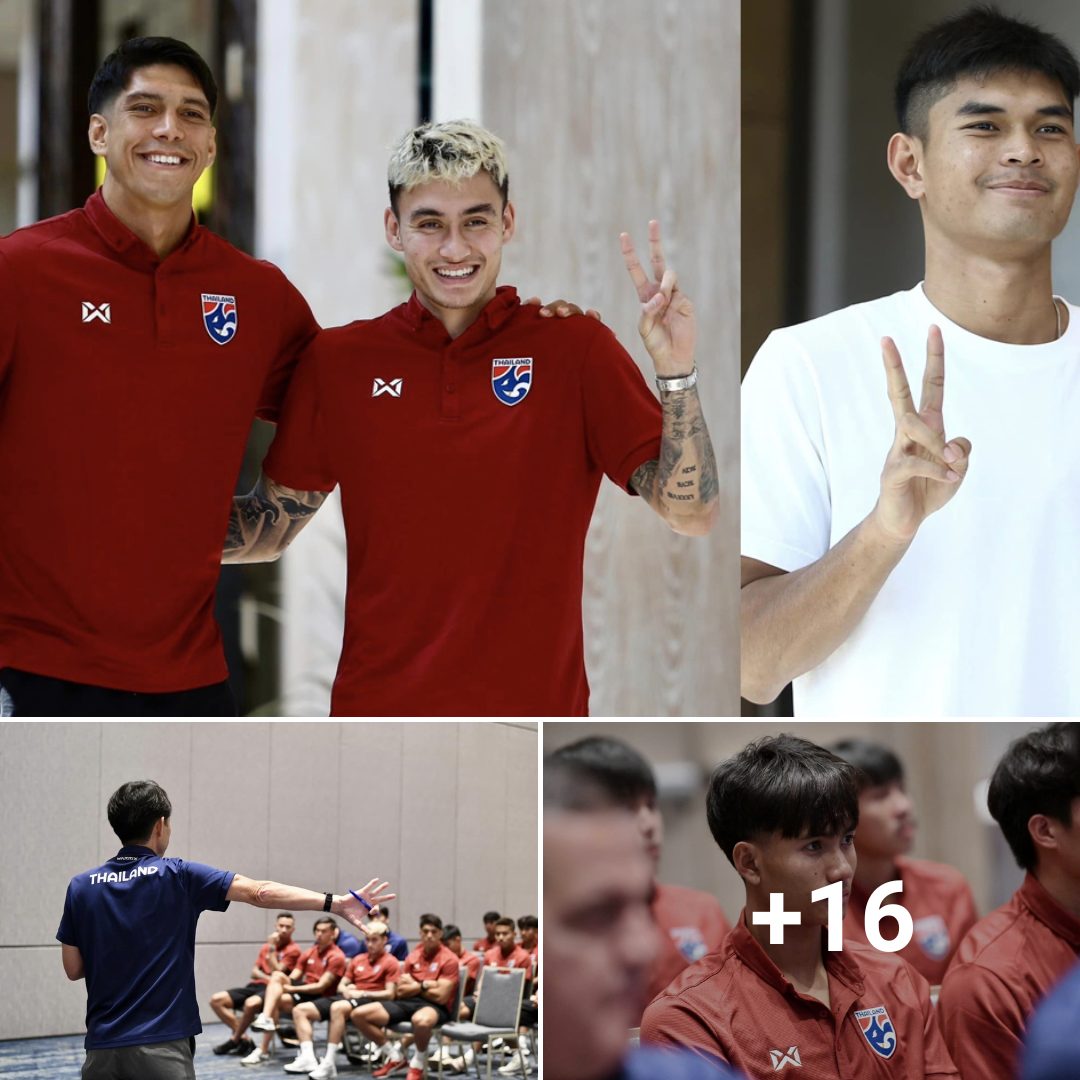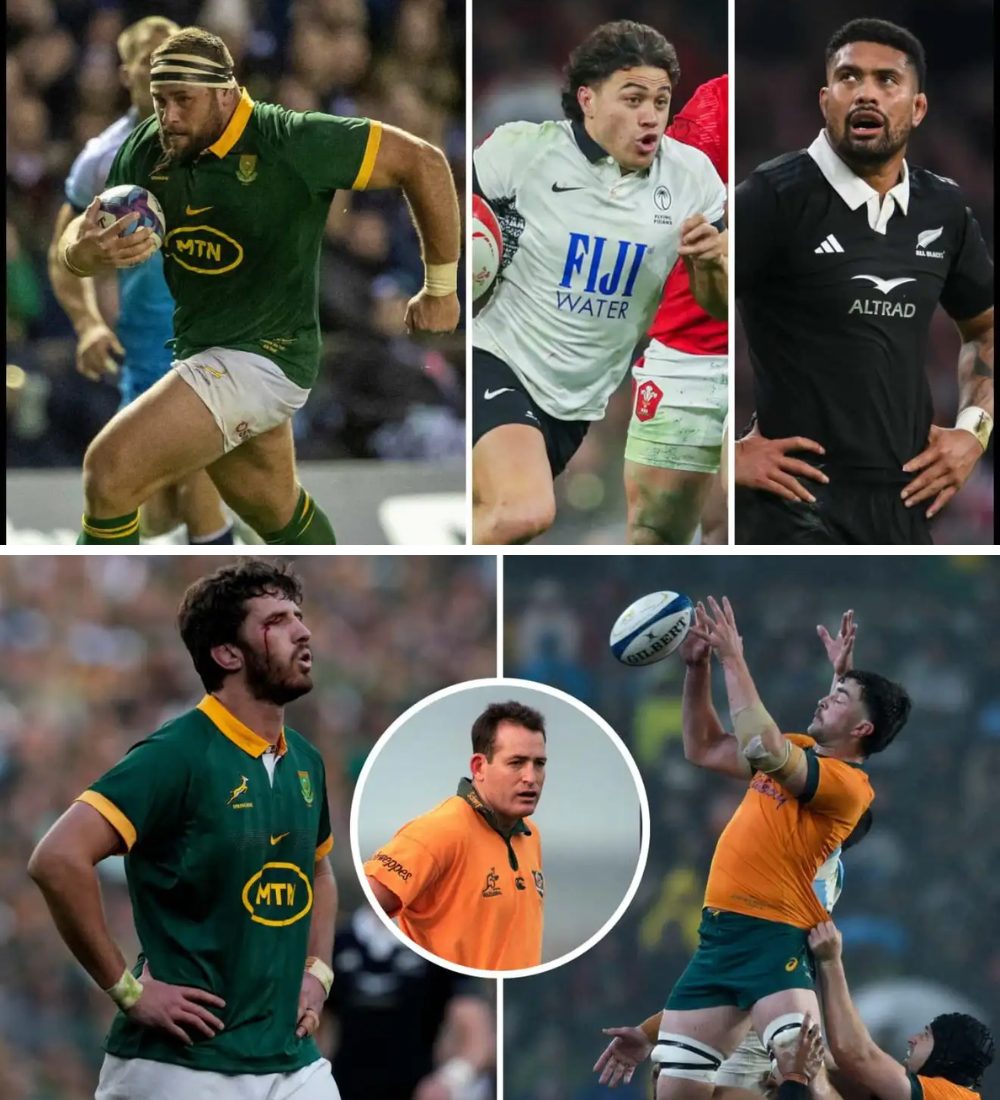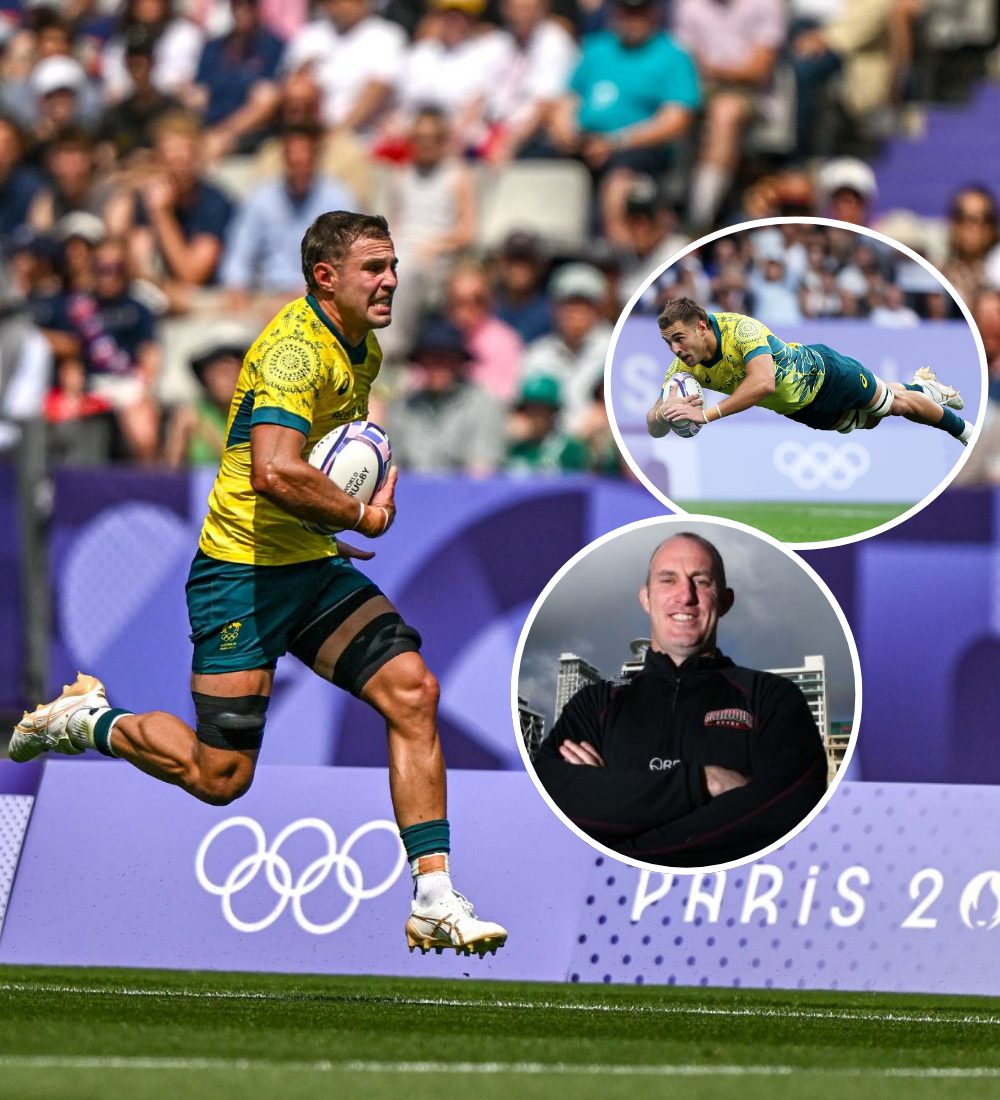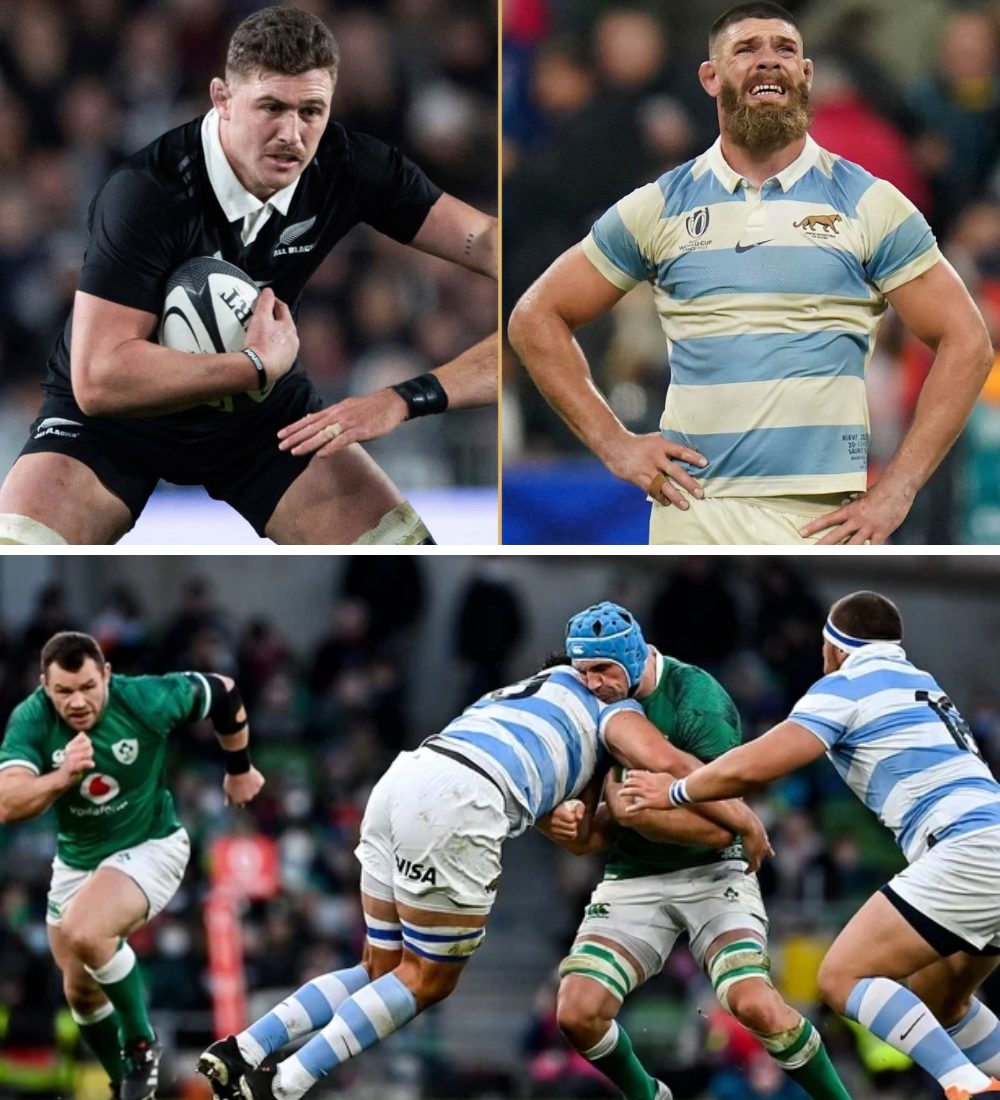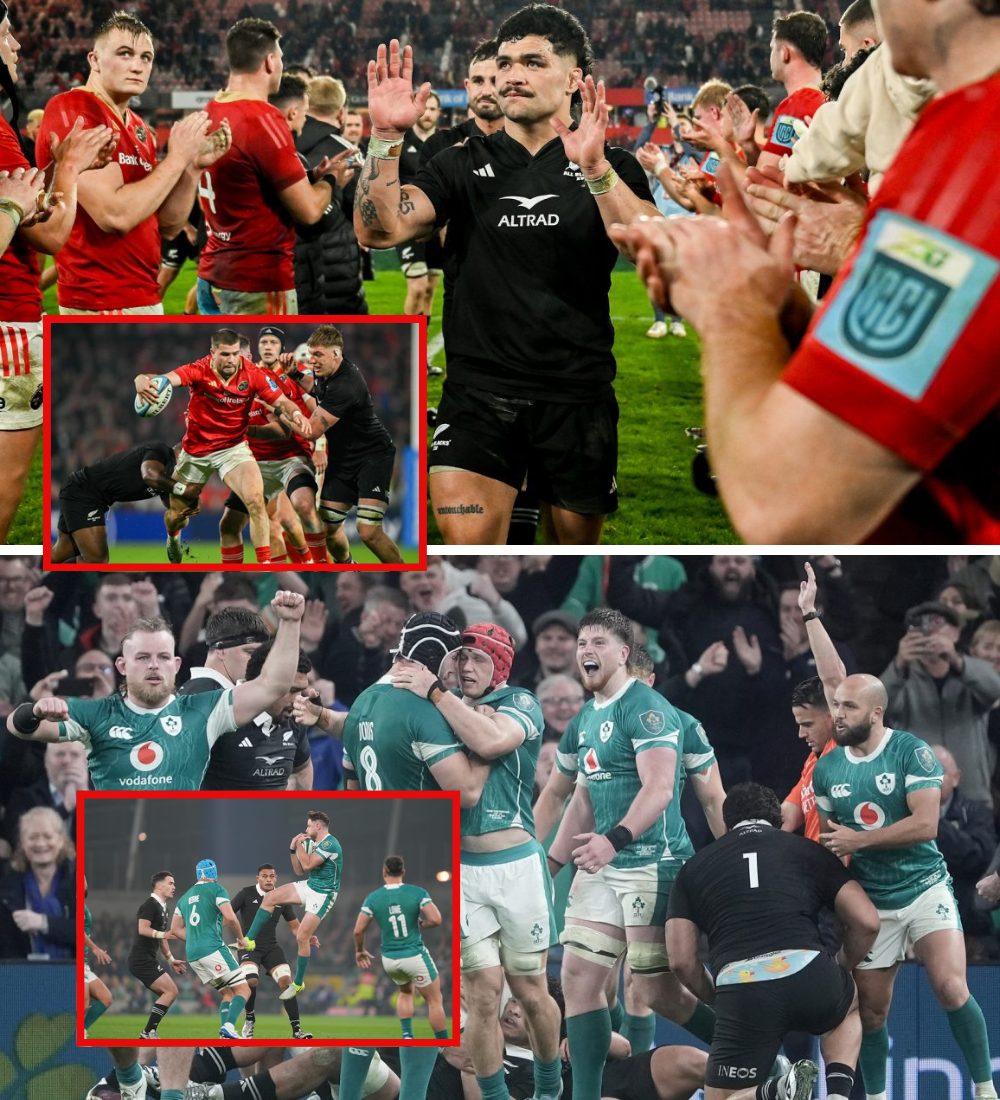The Indiana Pacers have had a long and historic tenure in basketball history as one of the teams that came over to the NBA during the 1976 ABA-NBA merger. Although they have never won an NBA championship, the Pacers have had plenty of NBA legends come through their doors and don the gold and blue.
Just like every other franchise throughout NBA history, the Pacers have also had their fair share of mishaps over the years. From draft picks that could have reshaped their franchise into a powerhouse to the trades that made absolutely zero sense, the Indiana Pacers have been on the short end of the stick plenty of times throughout NBA history.
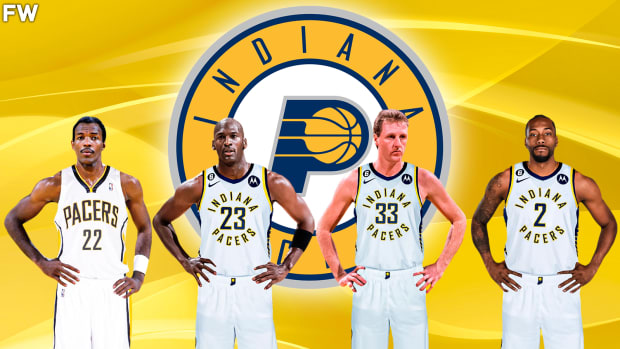
In the past, you have seen us discuss some of the worst draft mistakes in teams’ histories such as the Chicago Bulls and Charlotte Hornets. You have also seen us discuss the most lopsided trades ever and some of the worst trades over the last 23 years of NBA basketball. Today, we combined the two as they pertain to solely the Indiana Pacers over the last 47 seasons.
While there was no way of telling that these decisions made by Pacers brass would be detrimental to the growth and success of the franchise, hindsight is 20/20 and we are here to provide some perspective on these head-scratching picks and deals.
These are the worst draft and trade mistakes in Indiana Pacers’ history.
The Worst Draft Mistakes In Indiana Pacers History1978 NBA Draft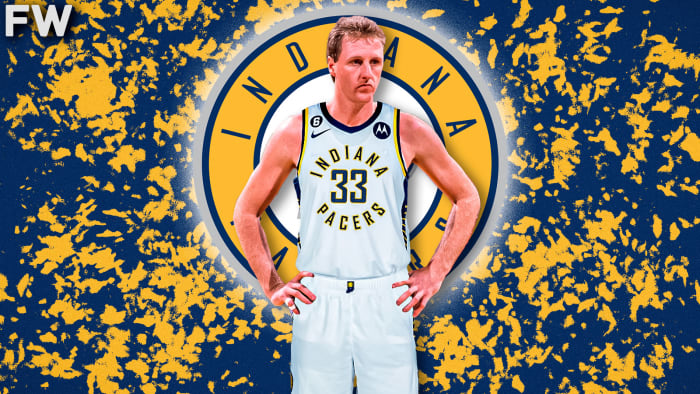
Credit: Fadeaway World
Indiana Pacers Selected: Rick Robey, 3rd Overall Pick
Better Available Pick: Larry Bird (6th Overall Pick)
It did not take long into their NBA tenure for the Indiana Pacers to make a catastrophic mistake in the NBA Draft. During the 1978 draft, the Pacers decided on Rick Robey with their third overall selection. Robey was a 6’11’’ center from the University of Kentucky who addressed an immediate need for Indiana in the paint.
Despite the need, Robey was underwhelming through his first 43 games with Indiana. He averaged 8.6 PPG and 5.9 RPG through those 43 starts in less than 20.0 minutes on the court. Indiana had quickly realized the error of their ways and just halfway through his rookie season, Robey was on the way out. He was traded to the Boston Celtics for Billy Knight and would go on to have just an eight-year career that saw him average 7.6 PPG and 4.7 RPG.
Looming just a few picks later would be one of the greatest players in NBA history. Larry Bird was selected as the sixth overall pick by the Boston Celtics and would go on to become arguably the greatest player in franchise history. Bird would lead the Celtics to three NBA championships during the 1980s while helping basketball reach its highest heights in terms of popularity at the time.
Larry Bird would also become a three-time MVP, winning all three in a row from 1984 thru 1986. He would capture two of the three Finals MVP awards he was eligible for as well. Bird’s all-around play was poetry in motion for over a decade in Boston as an elite scorer, passer, playmaker, and defender. While Indiana fans grab the Pepto Bismol for nausea, Boston fans still rejoice to this day that five other teams passed on Larry Legend.
1983 NBA Draft
Credit: Fadeaway World
Indiana Pacers Selected: Steve Stipanovich, 2nd Overall Pick
Better Available Pick: Clyde Drexler (14th Overall Pick)
Just five years later, the Pacers would once again try to fill the holes they had in their frontcourt by selecting another big man at the top of the 1983 NBA Draft. With their second pick, the Pacers took Steve Stipanovich out of the University of Missouri. Stipanovich stood 6’11’’ tall and was looked at as the player who could solve all of their issues in the paint on both sides of the ball.
Unfortunately for Indiana, things did not play out that way. Stipanovich was decent for the Pacers averaging Over 12.0 PPG and 6.9 RPG in each of his five seasons with the team. However, he would suffer a knee injury that cut his career short at just 27 years old in 1987-88. Of course, the Pacers had zero way of anticipating things going in the wrong direction so quickly with their top-three pick but nevertheless, they missed on this pick regardless of Stipanovich’s health.
The reason why the pick is deemed such a mistake is because of the player selected with the 14th pick by the Portland Trail Blazers. For a time, Clyde Drexler was a top-two shooting guard in the NBA during the 80s and some would argue that he held the top spot for a little while as well. Drexler was a super athletic and high-octane guard who excelled at every aspect of the game on both ends of the floor.
Drexler would average 20.4 PPG, 6.1 RPG, 5.6 APG, and 2.0 SPG over the course of his 15-year career with the Trail Blazers and Houston Rockets. In 1990 and 1992, Drexler would lead Portland to two Finals appearances. It just so happens that those two appearances came against some of the greatest teams in NBA history, the 1990 Bad Boy Pistons and the 1992 Chicago Bulls. Drexler would finally get his championship in 1995 when he joined Hakeem Olajuwon and the Rockets and averaged over 20.0 PPG to help them win the championship.
1989 NBA Draft
Credit: Fadeaway World
Indiana Pacers Select: George McCloud, 7th Overall Pick
Better Available Picks: Shawn Kemp (17th Overall Pick)
The next few draft picks were not as detrimental to Indiana’s success as a franchise but they were bad enough to mention here today. The next draft mistake would come in 1989 when the Pacers decided on 6’6’’ small forward George McCloud out of Florida State. McCloud had gotten some national recognition before the draft and it ended up working out in his favor as a top-10 pick.
Unfortunately for the Pacers, McCloud was a huge bust. In four seasons with Indiana, McCloud made just 26 starts and appeared in 247 games. He averaged just 5.5 PPG, 2.0 RPG, and 2.0 APG during that time and proved to be completely unworthy of being selected inside the top 10. After his fourth season with Indiana, McCloud was off to Italy for a year before coming back for eight NBA seasons. The only decent stop he had in his career was with the Dallas Mavericks in 1995-96 when he averaged 18.9 PPG in 73 games played.
Then, there was Shawn Kemp who went 17th overall in the 1989 NBA Draft. Kemp was a freak of nature athletically and was seen as a diamond in the rough over his first few seasons. Kemp would become a consistent double-double machine for the Seattle SuperSonics during the 1990s, helping them reach an NBA Finals in 1996. Kemp would also have six All-Star seasons and earn three All-NBA Team selections in his career averaging 14.6 PPG and 8.4 RPG over the course of 14 years.
1993 NBA Draft
Credit: Fadeaway World
Indiana Pacers Selected: Scott Haskin, 14th Overall Pick
Better Available Pick: Sam Cassell (24th Overall Pick)
Can someone really be a mistake when they are selected in the mid to late first round of the NBA Draft? They absolutely can in this case. During the 1993 NBA Draft, the Pacers decided to with yet another big man in the first round, this time Scott Haskin out of Oregon State was in their sights.
Haskin would play 27 games with the Pacers in his career but even worse, those would be the only 27 games he would play in the NBA. Haskin was horrible even in the 6.9 minutes of playing time he received. He averaged just 2.0 PPG and 2.0 RPG in those 27 games, making him one of the worst picks from the 1993 NBA Draft overall. To make matters worse, Indiana had to pay Haskin over $1 million in each of the 1995 and 1996 seasons meaning they basically paid him to stay away.
At the time, Indiana’s backcourt was pretty much set but with little to no depth. Still sitting on the board for Indiana at the time was little-known point guard Sam Cassell. While Cassell was an All-Star just one time in his career, there was a period of time where he consistently put up numbers exceeding 18.0 PPG and 7.0 APG during the early 2000s. Cassell was also a three-time NBA champion, winning two with the Houston Rockets in 1994 and 1995 as well as with the Boston Celtics in 2008.
2006 NBA Draft
Credit: Fadeaway World
Indiana Pacers Select: Shawne Williams, 17th Overall Pick
Better Available Picks: Rajon Rondo (21st Overall Pick), Kyle Lowry (24th Overall Pick)
The final draft mistake we will cover today is another one that came during the middle of the first round in 2006. Shawne Williams out of Memphis was a 6’9’’ guard/forward combo player who came from the University of Memphis. Williams showed real promise as an athlete in college and was thought to be on a promising trajectory at the pro level. The Pacers were wrong again.
Williams would spend two seasons with the Pacers in 2007 and 2008 averaging 5.6 PPG and 2.3 RPG. After just two seasons, the Pacers were through with the experiment and traded him to Dallas for a much older Eddie Jones. Williams would go on to play five more seasons with six different teams before leaving the NBA at just 28 years old.
If the Pacers needed an upgrade at point guard, there were two sitting there ready for the taking. The first of these point guards was Rajon Rondo who would help the Celtics win the 2008 NBA championship in just his second season. He would win another championship in 2020 with the Lakers as well. Overall, Rondo earned four All-Star selections, four All-Defensive Team selections, three assists titles, and one steals title in his career as one of the more underrated point guards in history.
Also available at the time was Kyle Lowry out of Villanova. As much as he struggled in his younger days in the NBA, Lowry would thrive once placed in an ideal situation with the Raptors. Lowry would help the Raptors achieve more than just relevancy during the 2010s when he helped lead them to an NBA championship in 2019. Lowry would go on to become a six-time All-Star and make an All-NBA Team in 2016 as one of the best point guards in the game from 2015 thru 2020.
The Worst Trades In Indiana Pacers History1980 Trade Between The Indiana Pacers And Denver Nuggets
Credit: Fadeaway World
Indiana Pacers Receive: George McGinnis
Denver Nuggets Receive: Alex English, 1980 First-Round Draft Pick
There haven’t been many instances in which the Indiana Pacers screwed up a trade but the ones they did were catastrophic in terms of building a championship contender. The first of these deals happened back in 1980, just four seasons after the Pacers joined the NBA in the merger. In the ABA, George McGinnis was a star for Indiana, winning two ABA championships and the 1975 MVP award in just four years.
By 1980, McGinnis was in the final stages of his career with the Nuggets. The Pacers decided to act on nostalgia and bring in McGinnis for one last run with the team he helped earn a spot in the NBA. In exchange for McGinnis, the Nuggets acquired fourth-year small forward Alex English. McGinnis would fade off into the sunset while English became one of the most prolific offensive players in the NBA.
English would play 10 and a half seasons with the Nuggets averaging 25.9 PPG over that span and winning a scoring title in 1983. English would have eight straight 2,000-point seasons from 1982 thru 1989 as well as eight straight All-Star appearances. While English led the NBA in scoring, the Pacers struggled to even reach the .500 mark in any season with a 41-41 being their best season between those same 1982-1989 years.
1981 Trade Between The Indiana Pacers And Portland Trail Blazers
Credit: Fadeaway World
Indiana Pacers Receive: Tom Owens
Portland Trail Blazers Receive: 1984 First-Round Draft Pick
It isn’t many times that a trade for a first-round draft pick backfires so badly that it can be referred to as one of the worst in NBA history. If there was ever a deal that fit that criteria, this is the one. In 1981, the Pacers would have no idea how much value their pick in 1984 would hold but they were in immediate need of a solution at center.
As is always common in NBA deals, the Pacers decided to trade a future first-round draft pick to the Portland Trail Blazers in exchange for Tom Owens, who had been in Portland since coming over in the NBA-ABA merger. Owens had been decent in Portland averaging 13.9 PPG and 7.2 RPG but nothing compared to what the pick would be worth. Owens would play just 74 games in Indiana before being dealt away once again to the Pistons.
The first-round pick in 1984 that the Pacers gave away in the trade ended up being the second overall pick that season. Hakeem Olajuwon was the consensus number-one pick but after that was a toss-up between Sam Bowie and Michael Jordan. Now given Indiana’s track record, they may have selected Sam Bowie just as Portland did in reality. For one moment, you have to believe the Pacers would have made the right choice though. Again, there was no way of knowing that Jordan was going to be as special as he was and go on to become the GOAT. Wouldn’t you at least have wanted to have had that choice though?
1993 Trade Between The Indiana Pacers And The Seattle SuperSonics
Credit: Fadeaway World
Indiana Pacers Receive: Derrick McKey, Gerald Paddio
Seattle SuperSonics Receive: Detlef Schrempf
The next deal on our list may not have prevented Indiana from winning an NBA championship but it certainly saw them give away a piece of a future NBA Finals team. During the late 80s and early 90s, Detlef Schrempf was still finding his way through the league with the Indiana Pacers after three and a half seasons with the Dallas Mavericks.
After just a year and a half in Indiana, Schrempf quickly became one of the best bench players in basketball, winning back-to-back Sixth Man of the Year awards in 1991 and 1992. Then, in 1993, Schrempf became an All-Star for the first time averaging 19.1 PPG, 9.5 RPG, and 6.0 APG. That is why it came as a complete shock when Indiana decided to deal him to Seattle before the start of the 1993-94 season in exchange for Derrick McKey and Gerald Paddio.
McKey would start out as a double-digit scorer and two-time All-Defensive selection in Indiana but the Pacers struggled to win games and McKey soon began to decline. Paddio would play a total of seven games for Indiana for under 8.0 minutes per game. Schrempf on the other hand would become a main weapon for George Karl with the SuperSonics. He would earn two more All-Star selections with the team and help them reach the 1996 NBA Finals averaging 16.6 PPG, 6.3 RPG, and 4.0 APG over the course of six seasons.
2011 Trade Between The Indiana Pacers And San Antonio Spurs
Credit: Fadeaway World
Indiana Pacers Receive: George Hill
San Antonio Spurs Receive: Kawhi Leonard, Davis Bertans, Erazem Lorbek
The final deal that is worthy of dishonorable mention on today’s list could possibly be worse than the one involving Michael Jordan. This is because we know the players that Indiana gave up would become a superstar while not knowing if they would have even selected Michael Jordan in 1984.
On the night of the NBA Draft in 2011, the Indiana Pacers were looking to make a splash with their 15th overall pick. On this night, they selected Kawhi Leonard out of San Diego State with the pick. That evening, they would send Leonard to the Spurs for third-year guard George Hill coming off an 11.6 PPG showing in 2010-11. Hill would be decent with the Pacers over the next six seasons as they battled in the NBA playoffs every year. He would average 12.1 PPG mostly in a starting role for a team that made two appearances in the Eastern Conference Finals.
Of course, that pales in comparison to the player San Antonio acquired in the deal. Within three seasons, Kawhi Leonard would be winning his first Finals MVP award with the Spurs with back-to-back Defensive Player of the Year awards to follow. Leonard would be a perennial All-Star as he developed into one of the best two-way players ever before our eyes. Kawhi would add another championship and Finals MVP in 2019 with the Toronto Raptors as well. Even with the injury issues over the last four seasons, I am sure Indiana would have loved to have Kawhi and Paul George at their peaks.
